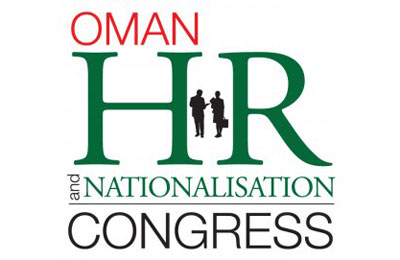
Experts to address Oman’s nationalisation issues
Muscat, February 19, 2014
The benefits of reducing Oman’s reliance on expatriate labour, by targeting project management in key industry sectors where nationalisation is at its lowest will be the highlight of an upcoming conference in Muscat.
The Oman Human Resources and Nationalisation conference will take place at the Park Inn by Radisson from February 23 to 25.
It will feature project management expert Ed Hughes, from ESI International, a leading project management training company, who will deliver a technical presentation.
In sectors like IT and oil and gas, Omanis in project management-related functions only represent 15 per cent and 22 per cent respectively of the total workforce compared to 70 per cent in telecoms and 30 per cent in construction, according to statistics.
“With indigenous population growth at current levels, Oman needs to create some 50,000 jobs annually to stop unemployment, which is estimated at 15 per cent from rising any further,” said Hughes.
“But Omanis must be given the right skills to be of value and not merely to meet quotas. Around 60 per cent of the oil and gas sector workforce is Omani, but about 63 per cent of those are employed in the lower designations. Without technical skills being accessible, Oman will be forced to give jobs in areas such as project management, to expatriate workers,” added Hughes.
According to the Project Management Institute (PMI), about 15.7 million new project management roles will need to be created globally by 2020 just to keep up with demand.
“With Oman planning $112 billion worth of projects by 2020, $96 billion of which will be over the next three to four years alone, it is an opportunity for Omanis to fill project management roles, in sectors that are delivering Oman’s critical mass of projects,” said Hughes.
The benefits to the Omani treasury in replacing expatriates with Omani workers would help to reduce public spending on subsidised utilities and health services. It would also reduce Oman’s balance of payments deficit because workers’ remittances would be lower, leading to an increase in domestic spending, contributing to faster GDP growth.
Dr Ramin Mhajer will present a case study from Azerbaijan, which was experiencing similar difficulties with nationalisation.
The conference will focus on helping companies attract Omanis to their organisation to meet the nationalisation targets. It will also feature an overview of the motivational factors leading to decreased staff turnover underscoring the country’s objective to create a high performance work culture. - TradeArabia News Service







